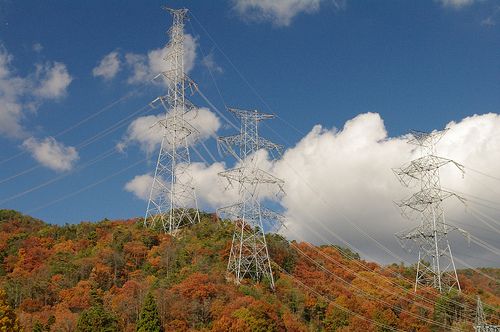Japan facing electricity shortfall
Japan must cut electricity consumption to avoid possible blackouts. The fall in the nation’s energy supply, after the Fukushima disaster led to the country turning its back on nuclear power, means that businesses and households must now reduce their use of electricity by 15 percent to cope with energy shortages.


Japan must cut electricity consumption to avoid possible blackouts. The fall in the nation’s energy supply, after the Fukushima disaster led to the country turning its back on nuclear power, means that businesses and households must now reduce their use of electricity by 15 percent to cope with energy shortages.
A total of 50 nuclear reactors have been taken offline since the Fukushima power plant meltdown in March 2011, due to a lack of public confidence in the safety of nuclear energy. Prior to this, nuclear energy powered up to 30 percent of the country’s electricity.
The call to reduce electricity consumption, which was announced last Friday, will take effect from July this year through to September. However, at present the government is simply urging the public to make this reduction; it is not mandatory.
“The government will try hard to figure out how to implement the measures decided… so that the power savings will affect the economy and people’s livelihood as little as possible,” Chief Cabinet Secretary Osamu Fujimura announced. “But I would like to repeat here our appeal to the nation to save power this summer.”
Surveys show almost all big businesses expect earnings to be affected; some are even considering moving their manufacturing overseas. However, the public’s concern over nuclear power means that the Japanese government remains averse to restarting any of the nuclear plants, despite the potentially drastic economic effects of having a scarce and expensive electricity supply, reports BBC’s Roland Buerk.
Japan’s last nuclear reactor went offline over two weeks ago. Currently no reactors have been restarted, though Prime Minister Yoshihiko Noda announced last Thursday that there would soon be a final decision made as to whether two nuclear reactors at Kansai Electric’s Ohi nuclear plant will be switched back on.
Image: Electricity pylons in Japan | flickr kayakaya
